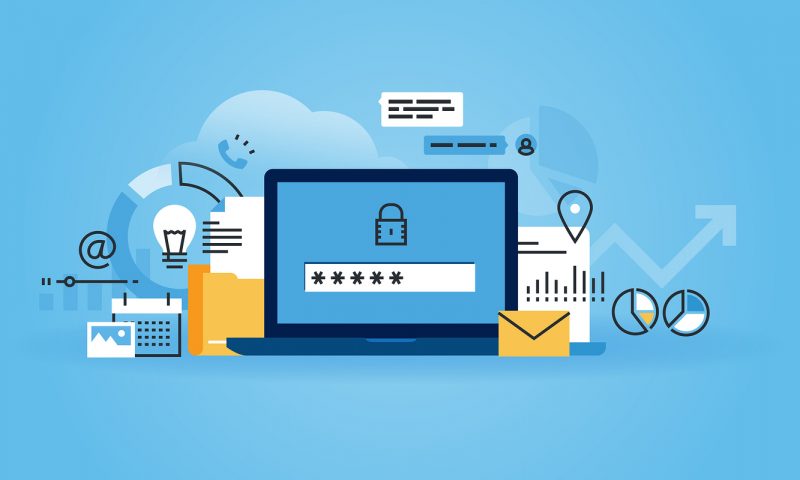Problems with traditional accounting software
- The data in the system isn’t up to date and neither is the software.
- It only works on one computer and data bounces from place to place. For example, on a USB drive. This is not secure or reliable.
- Only one person has user access. Key people can’t access financial and customer details.
- It’s costly and complicated to keep backups (if done at all).
- It’s expensive, difficult and time consuming to upgrade the software.
- Customer support is expensive and slow.
Why the cloud and accounting software are the perfect match
You can use cloud-based software from any device with an internet connection. Online accounting means small business owners stay connected to their data and their accountants. The software can integrate with a whole ecosystem of add-ons. It’s scalable, cost effective and easy to use.
Cloud accounting may be a big word to some, but it’s actually one of the best things to happen to business owners. To help you understand cloud accounting software better, I’m going to answer a few common questions I usually get on this.
1. What is “cloud computing?”
It’s simply using the internet to access software rather than physically installing it on a computer.
2. Did you know that you’re already using cloud computing?
Many people are actually using cloud computing without realising it. For example anyone with Hotmail or Gmail accounts are already “in the cloud” as the software and data is stored remotely and is accessible from any computer, not just your computer.
3. What is cloud accounting?
Cloud accounting, also known as “online accounting”, serves the same function as cloud computing. You might install the software on your computer but it runs on servers and you can access it using your Internet. In some instances, you won’t need to install the software on your computer and can access it via web browsers.
4. Why is cloud accounting good for your business?
Cloud based accounting software offers a number of benefits for businesses including:
- The cloud alleviates the need for businesses to store and manage data and maintain expensive computer hardware. You can operate the software from a single computer with a standard modem providing an internet connection, without being connected to a server or having specific software installed on the computer;
- The information can be updated and accessed from any computer anywhere in the world;
- There is only one ledger kept and that is the file in the cloud, which improves the accuracy of the information and therefore minimises errors;
- The ability for owners to interact with their accountant in real time instead of having to send the data file to the accountant each time;
- A monthly access fee is paid which usually works out less than the cost of buying the software and then paying for annual subscriptions; and
- The software is automatically kept up-to-date by the provider meaning that you don’t need to download updates such as new tax rates where the payroll module is used.

